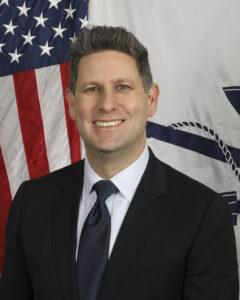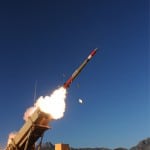
The Navy comptroller this week said the Secretary of the Navy directed a new initiative, dubbed Running Fix, to find more ways to increase efficiencies and save money in the Department of the Navy (DoN) ahead of two years of budget caps imposed by the Fiscal Responsibility Act. “To prepare for these choices our leaders in Congress have signed us up to, the Secretary of the Navy is directing we look within first. He has directed an effort we're calling…

 By
By 











